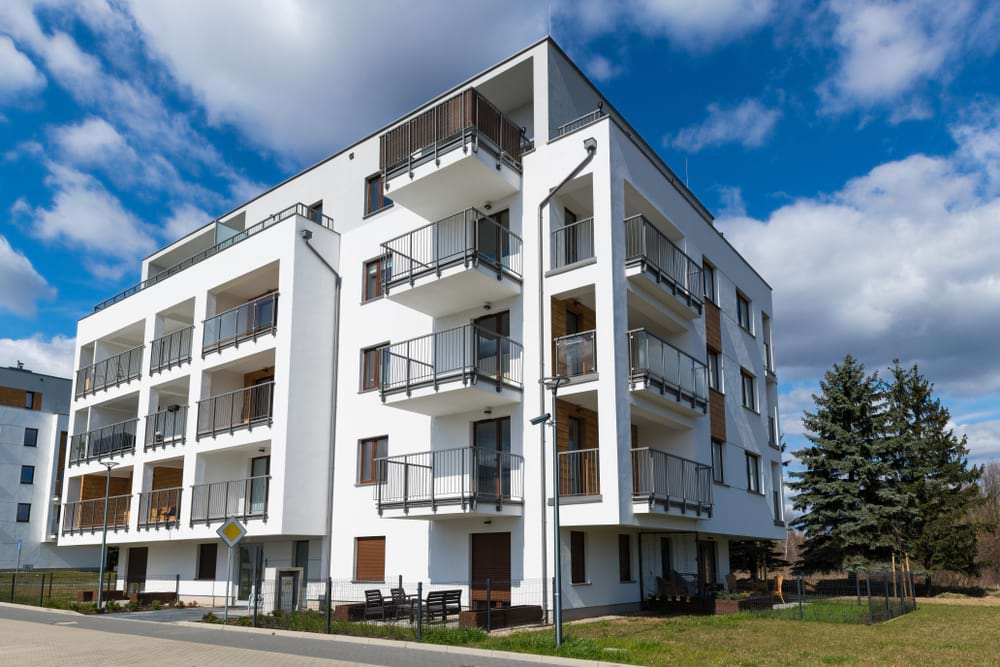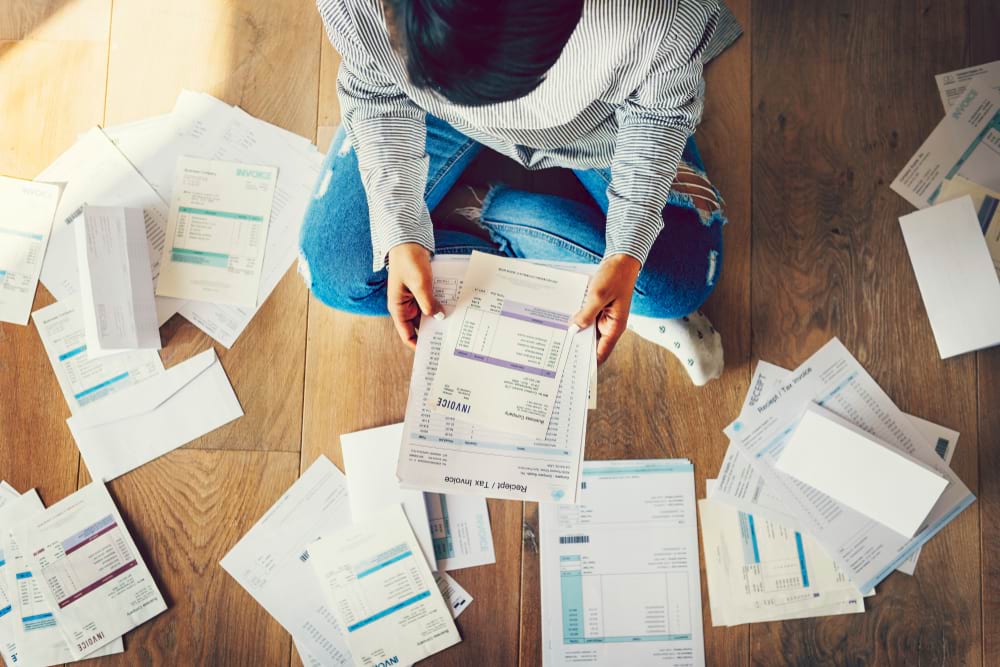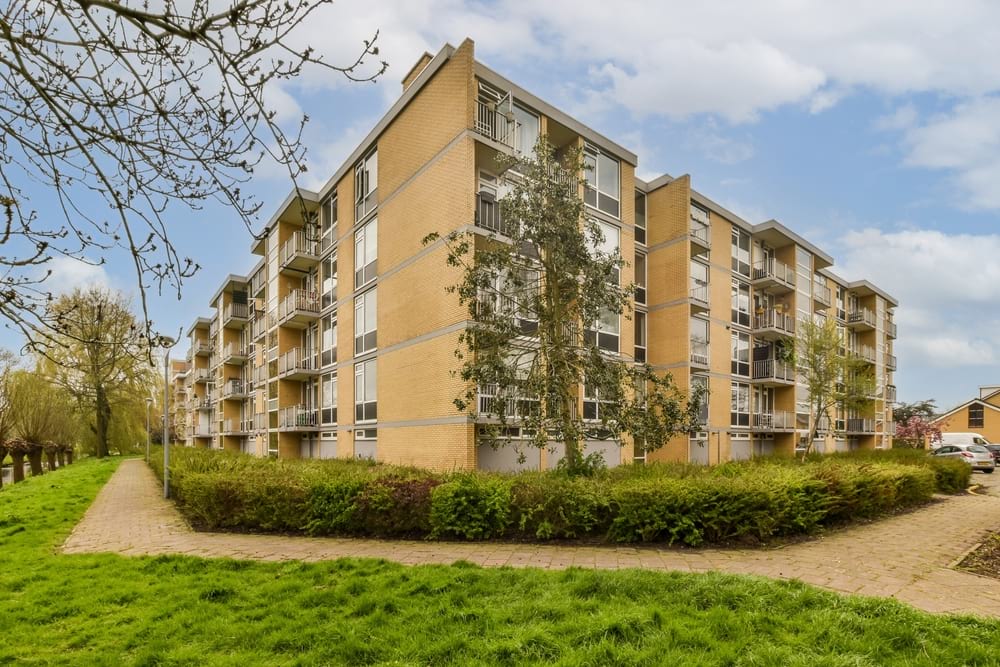A ‘Deed of Mutual Covenant’ is one of the most important documents needed for the sale of a flat.
So, whether you are buying or selling a flat, it is important to understand exactly what this is and what it means for you.
Keep reading to learn more.
Deed of Mutual Covenant: A definition
A Deed of Mutual Covenant (DMC) is a legally binding agreement between two parties, usually regarding property.
The contract is typically created by the property owner (for example, the owner of a block of flats) and signed by a beneficiary (e.g., someone leasing a flat there).
In this context, a Deed of Mutual Covenant usually covers how the new owner of a leasehold property is expected to behave. This might include the following examples:
- Low levels of noise
- Not bringing in a pet
- Contributing to the maintenance of a common area
- Garden maintenance
If the new leasehold owner fails to meet these standards, the building owner may be able to enforce the terms of the agreement.
The use of these is one of the main differences between buying and selling a flat and a house.
Typically, a Deed of Mutual Covenant includes positive and negative covenants.
Positive covenants
A positive covenant is a type of agreement in which the leaseholder needs to fulfil some form of positive expenditure.
For example, paying maintenance fees or actively maintaining a garden hedge.
Negative covenant
A negative covenant is the opposite of a positive covenant. It is an agreement that outlines things the leaseholder cannot do.
For example, it might prohibit using the property for commercial purposes or altering it.
Are Deeds of Mutual Covenant required when buying a flat?
In most cases, signing a Deed of Mutual Covent is a requirement. It will typically be a condition of the sale.
Once the Deed has been signed and the purchase completed, the terms of the Deed will be enforceable.
Is a Deed of Mutual Covenant only used with leasehold flats?
No. There are other situations when buyers might encounter a Deed of Mutual Covenant.
For example, landowners may use Deeds of Covenant to prevent their land from being built on. They may want to maintain its natural beauty or the history of that land.
They can also be used to preserve an area’s aesthetic qualities.
For example, they might require all windows to be made of a specific product type or material. Or extensions or renovations to keep the original look and feel.
Covenants are also helpful for easements.
These are when a third party needs to access the property to reach their own. A covenant will outline the rules on this (by foot, by car, at certain times of the day, etc.).
When is a Deed of Mutual Covenant useful?
A Deed of Mutual Covenant can help to preserve the style and condition of a block of flats (amongst other things).
This can be particularly useful if the preexisting building is being extended to increase its housing size or converted for other purposes.
Other tenants in the same or nearby buildings might fear their flats losing value or even becoming unsellable with poorly designed additions.
It can also protect local interests or the previous owner’s legacy. This might apply to areas with tourism or simply local pride in a particular architectural style.
How can I get a copy of the Deed of Mutual Covenant?
A Deed of Mutual Covenant should be one of the first documents a buyer receives after purchasing a flat. (Of course, this is if the property in question has one).
If not, building owners can be asked for a copy. In cases where the Deed’s existence is uncertain, legal experts should be consulted.
Does it cost money to create a Deed of Mutual Covenant?
A Deed of Mutual Covenant does cost money to create. After all, a legal professional’s services are needed.
It is highly recommended that property owners get expert support when writing a Deed of Mutual Covenant.
This can guarantee that it:
- Is well-written
- Complies with the law
- Covers all loopholes and potential challenges
- Is future-proof
Although it may cost several hundred pounds, it can save property owners significantly more than this in the long term.
Of course, this is if it is done well… A poorly written Covenant can actually cost more money than it’s worth.
Selling tenanted properties
If you are looking to sell a flat with a mutual covenant in the UK, We Buy Any Home can help.
We are chain-free cash house buyers who can purchase your flat quickly – up-front and without hassle or stress.
Fill in our enquiry form below if you are interested in getting a cash offer for your house.




















